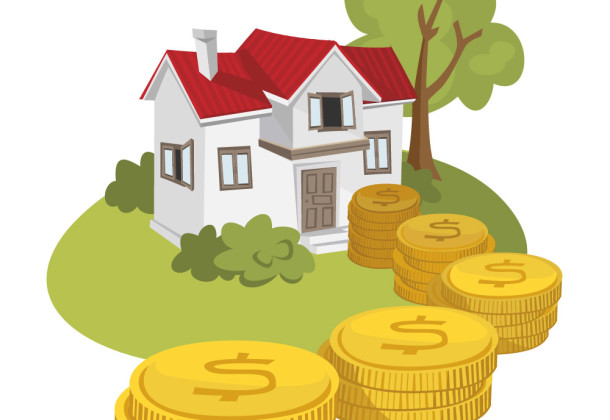Reverse Mortgages: Tool for Boomer Retirees

The first wave of Baby Boomers to hit retirement age is reaping the advantages of their demographic (better education, better health, longer life expectancy) and confronting the negatives (cost of living, decline of traditional pensions, families with continuing needs, both elders and children). Social Security, on which 36 percent of Boomers say they expect to depend as their primary source of income, will likely see adjustments over time that could affect the amount they can count on. Investment income, if they have it, could vary greatly. Managing debt could be challenging.
For many, creative financing will be called for. If they were diligent about paying the mortgage on their home throughout their working lives, and have built up equity in it, one tool they could utilize would be a reverse mortgage from Primary Residential Mortgage, Inc.
Robbie Loker is PRMI’s go-to expert on reverse mortgage products. She can help you explore your options to find the right one for you. Meet Robbie and listen to a testimonial by one of her clients here. To reach Ms. Loker call (301) 737-0001, or vsit Primary Residential Mortgage at 23131 Three Notch Road, Suite 201, California, MD 20619.
It’s not unusual for people to hit retirement age with substantial home equity but flat or diminishing income levels, or with debt. In those cases, a reverse mortgage could rebalance the financial situation while keeping the borrowers in their homes.
A common misperception is that reverse mortgages are for the aged, but a 2012 study by the Metropolitan Life Mature Market Institute, in conjunction with the National Institute on Aging, says otherwise. The study found that more reverse mortgage borrowers are applying at earlier ages. While the average age of borrowers is about 73 years old, the average age of homeowners who went through reverse mortgage counseling between September and November 2010 was 71.5 years old. Of homeowners who are considering a reverse mortgage, 46 percent are under age 70. One in five (21 percent) are leading edge Baby Boomers (age 62 to 64), despite lower available loan limits. In comparison, homeowners who were around the minimum age (age 62) for these loans represented only about 6 percent of borrowers who applied for reverse mortgage loans during 1999.
Furthermore, according to the study, among reverse mortgage counseling clients in 2010, two thirds of these homeowners (67 percent) wanted to lower household debt. Only 27 percent were considering a reverse mortgage to enhance their lifestyle. Even fewer (23 percdent) saw the need to plan for the future as a reason to take out this type of loan, indicating that reverse mortgages are no longer a “one-size-fits-all” solution, the study says.
Baby Boomers began turning 65 in 2011 and are now driving growth at the older ages of the population, according to the U.S. Bureau of the Census. By 2029, when all of the baby boomers will be 65 years and over, more than 20 percent of the total U.S. population will be over the age of 65. If even a small percentage choose to take out a reverse mortgage, that number will be large enough to have a substantial impact on the financial models future retirees use for retirement planning.























